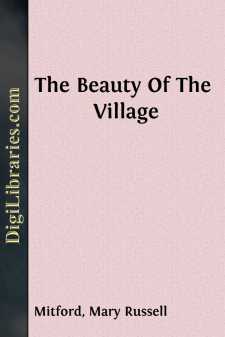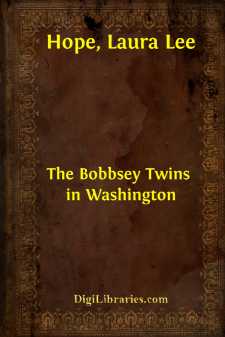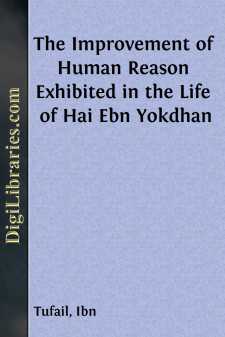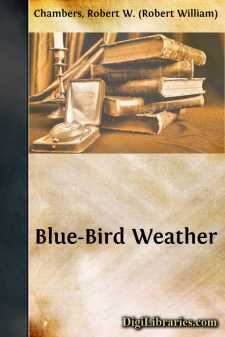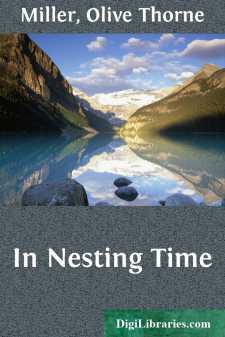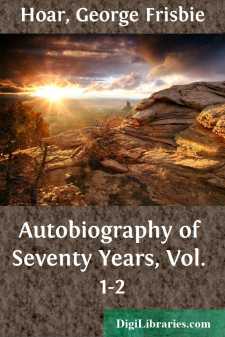Categories
- Antiques & Collectibles 13
- Architecture 36
- Art 48
- Bibles 22
- Biography & Autobiography 813
- Body, Mind & Spirit 142
- Business & Economics 28
- Children's Books 13
- Children's Fiction 10
- Computers 4
- Cooking 94
- Crafts & Hobbies 4
- Drama 346
- Education 46
- Family & Relationships 57
- Fiction 11828
- Games 19
- Gardening 17
- Health & Fitness 34
- History 1377
- House & Home 1
- Humor 147
- Juvenile Fiction 1873
- Juvenile Nonfiction 202
- Language Arts & Disciplines 88
- Law 16
- Literary Collections 686
- Literary Criticism 179
- Mathematics 13
- Medical 41
- Music 40
- Nature 179
- Non-Classifiable 1768
- Performing Arts 7
- Periodicals 1453
- Philosophy 64
- Photography 2
- Poetry 896
- Political Science 203
- Psychology 42
- Reference 154
- Religion 513
- Science 126
- Self-Help 84
- Social Science 81
- Sports & Recreation 34
- Study Aids 3
- Technology & Engineering 59
- Transportation 23
- Travel 463
- True Crime 29
Sort by:
Three years ago, Hannah Colson was, beyond all manner of dispute, the prettiest girl in Aberleigh. It was a rare union of face, form, complexion, and expression. Of that just height, which, although certainly tall, would yet hardly be called so, her figure united to its youthful roundness, and still more youthful lightness, an airy flexibility, a bounding grace, and when in repose, a gentle dignity,...
more...
THE GOLDSMITH'S DAUGHTER. A LEGEND OF MADRID. Many, many years ago, in those "good old times" so much bepraised by antiquaries and the laudatores temporis acti,—the good old times, that is to say, of the holy office, of those magnificent autos when the smell of roasted heretics was as sweet a savor in the nostrils of the faithful, as that of Quakers done remarkably brown was to our godly...
more...
CHAPTER Mackinaw and its surroundings — Indian legends — Hiawatha — Ottawas and Ojibwas — Paw-pau-ke-wis — San-ge-man — Kau-be-man — An Indian custom — Dedication to the spirits — Au-se-gum-ugs — Exploits of San-ge-man — Point Ignatius — Magic lance — Council of Peace — Conquests of San-ge-man. Mackinaw, with its surroundings, has an interesting and romantic history, going...
more...
by:
Esther Singleton
THE FISHERMAN PRESENTING THE RINGTO THE DOGE GRADENIGO (BORDONE) THÉOPHILE GAUTIER This picture, which represents a gondolier returning the ring of Saint Mark to the Doge, treats of a legend, an episode of which Giorgione, as we shall see in the next hall, has also painted in a somewhat singular manner. Here is the story in a few words: One night while the gondolier was sleeping in his gondola,...
more...
by:
Laura Lee Hope
CHAPTER I UNDER THE HAY "This is 'most as much fun as we had on Blueberry Island, or when we went to Florida on the deep, blue sea, isn't it, Bert?" asked Nan Bobbsey, as she sat on the porch and fanned herself with her hat. She and her brother had been running around the house, playing a new game, and Nan was warm. "Yes, it's fun all right," agreed Bert. "But I liked...
more...
by:
Ibn Tufail
THE PREFACE. When Mr. Pococke first publish'd this Arabick Author with his accurate Latin Version, Anno 1671. Dr. Pococke his Father, that late eminent Professor of the Oriental Languages in the University of Oxford, prefix'd a Preface to it; in which he tells us, that he has good Reason to think, that this Author was contemporary with Averroes, who died very ancient in the Year of the Hegira...
more...
by:
Aunt Fanny
TO THE LITTLE GIRLS AND BOYS. Once on a time, there lived a little bit of a lady who had a great many nephews and nieces. She was very little indeed, so all the children loved her, and said she was the best little auntie in the world, and exactly the right size to play with them and tell them stories. Sometimes she told them interesting stories about George Washington, and other great and good men;...
more...
It was now almost too dark to distinguish objects; duskier and vaguer became the flat world of marshes, set here and there with cypress and bounded only by far horizons; and at last land and water disappeared behind the gathered curtains of the night. There was no sound from the waste except the wind among the withered reeds and the furrowing splash of wheel and hoof over the submerged causeway. The...
more...
BABY BIRDS. "Ears have they, but they hear not," may be said of all the world. Tragedies and comedies go on continually before us which we neither see nor hear; cries of distress and prattle of infants, songs of love and screams of war, alike fall upon deaf ears, while we calmly discuss the last book or the news from Borriboo-lah-Gha, as completely oblivious as if all this stirring life did not...
more...
CHAPTER I INTRODUCTORY Everybody who reads this book through will wonder that a man who ought to be able to tell so much has really told so little. I have known personally and quite intimately, or have known intelligent and trustworthy persons who have known personally and quite intimately, many men who have had a great share in the history of this country and in its literature for a hundred and thirty...
more...


